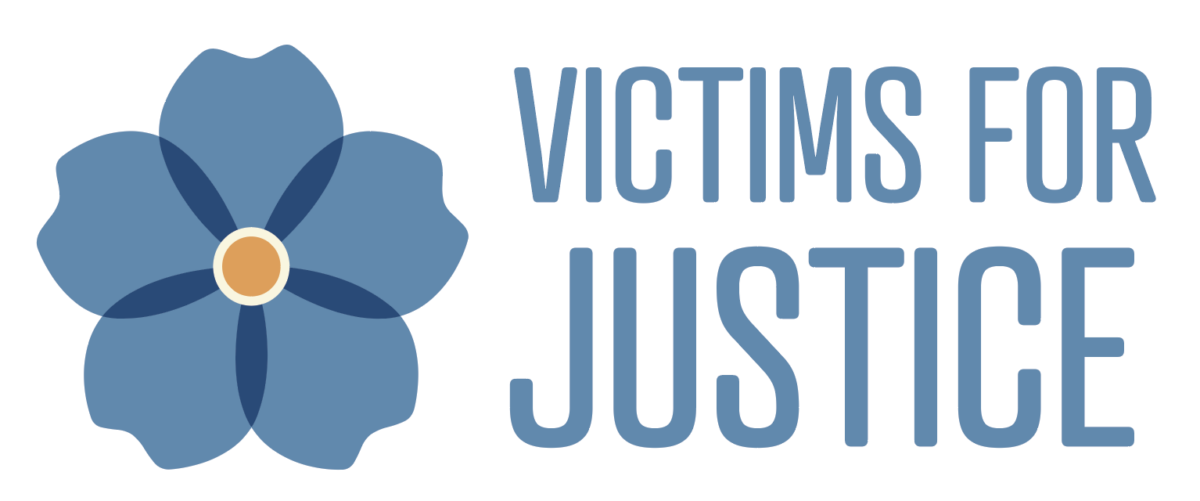A pledge to “do the work”
Victims For Justice was founded on fighting for the rights of those who were not represented in the criminal justice system. The victim services field, similarly, has deep ties to the civil rights movement and ensuring safety for those who were underrepresented, even when it was in makeshift shelters and church parking lots.
While work has been done over the years to increase services for victims of violence, there is no denying that the response has been inadequate when it comes to an equitable distribution of resources and services. Here in Alaska, the acknowledgement of Missing and Murdered Indigenous Women is a blatant reminder of those we have failed to protect.
Recently, I had the privilege to graduate from a masters program in which I met and worked with a number of bright, strong and diverse individuals from all over the country. For nearly two years we struggled through difficult conversations of social justice and equity. During one of these conversations, in a moment of frustration and exhaustion a friend of mine plead for everyone in the room to stop looking to her for answers and “just do the work!”
These words still reverberate in my mind. That is why this is not another letter expressing outrage and condemnation. While these feelings are understandable, they are not enough. This is a pledge to “do the work.”
Victims For Justice will continue to examine our practices on an individual service delivery level, as well as look at our role in the larger system. Our recent partnerships with the District Attorney’s Office and the Anchorage Police Department are a product of knowing victims are not being reached and served. Not only do we need to increase access to services, we need to do so through victim-centered, culturally relevant practices.
While I cannot offer you all the steps that will be taken today, we do commit to affirming and celebrating individual identities within our organization and in the communities we work with. We will continue to build relationships with everyone in a way that empowers their voice, honors their values, and highlights their strengths. We commit to understand our role in this system.
We know that to best serve victims we need to continually examine our identities as individuals and as an organization. We see this as an ongoing process that we aim to address at all levels of our work: personal, interpersonal, organizational, and systemic.
Victim voices are critical in shaping the criminal justice system. But those voices are only as effective as those they represent. If all victim voices are not heard in our community, we are not meeting the true needs of all victims.
We pledge to do that work. We will move forward with compassion, empathy and respect for all Alaskans and all victims of violence.
Victoria Shanklin
Executive Director

Recent Comments